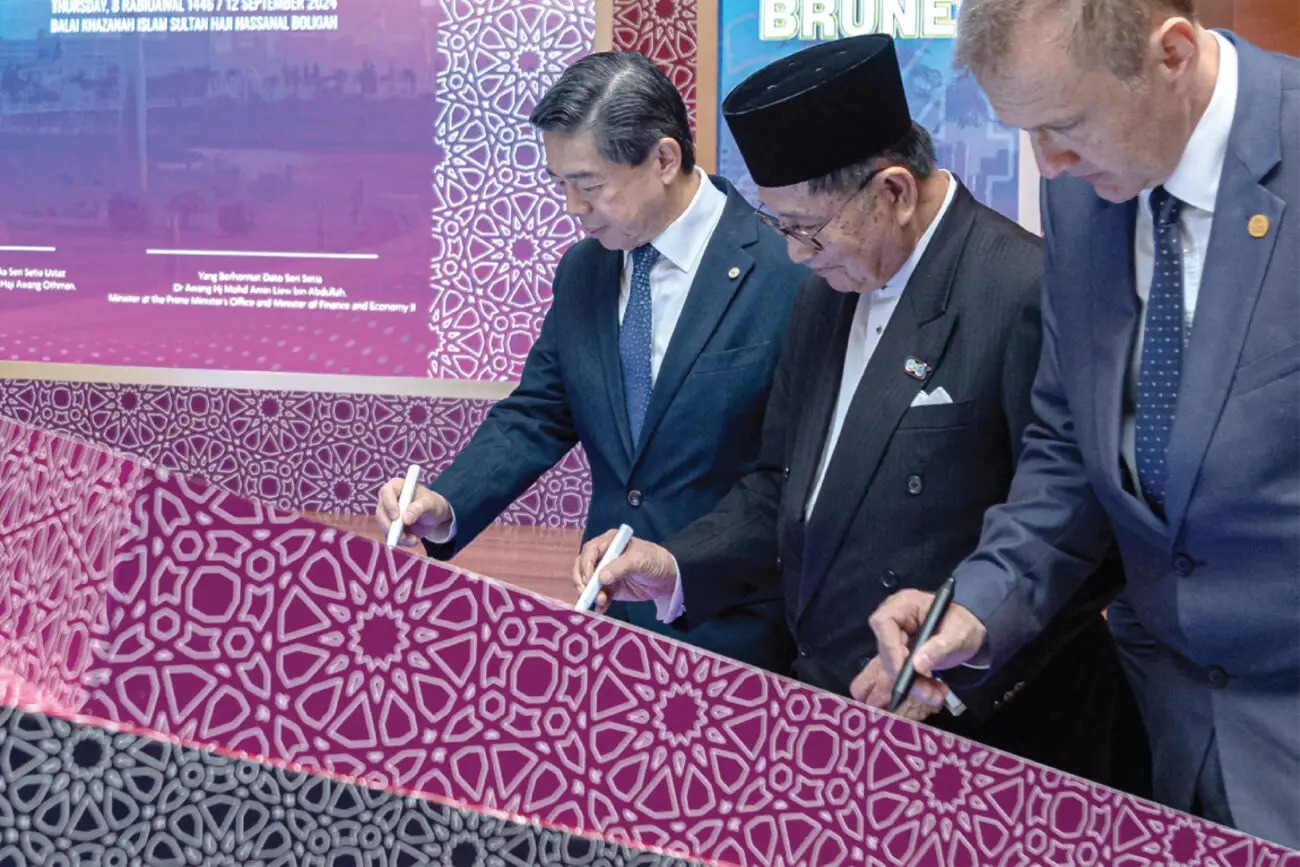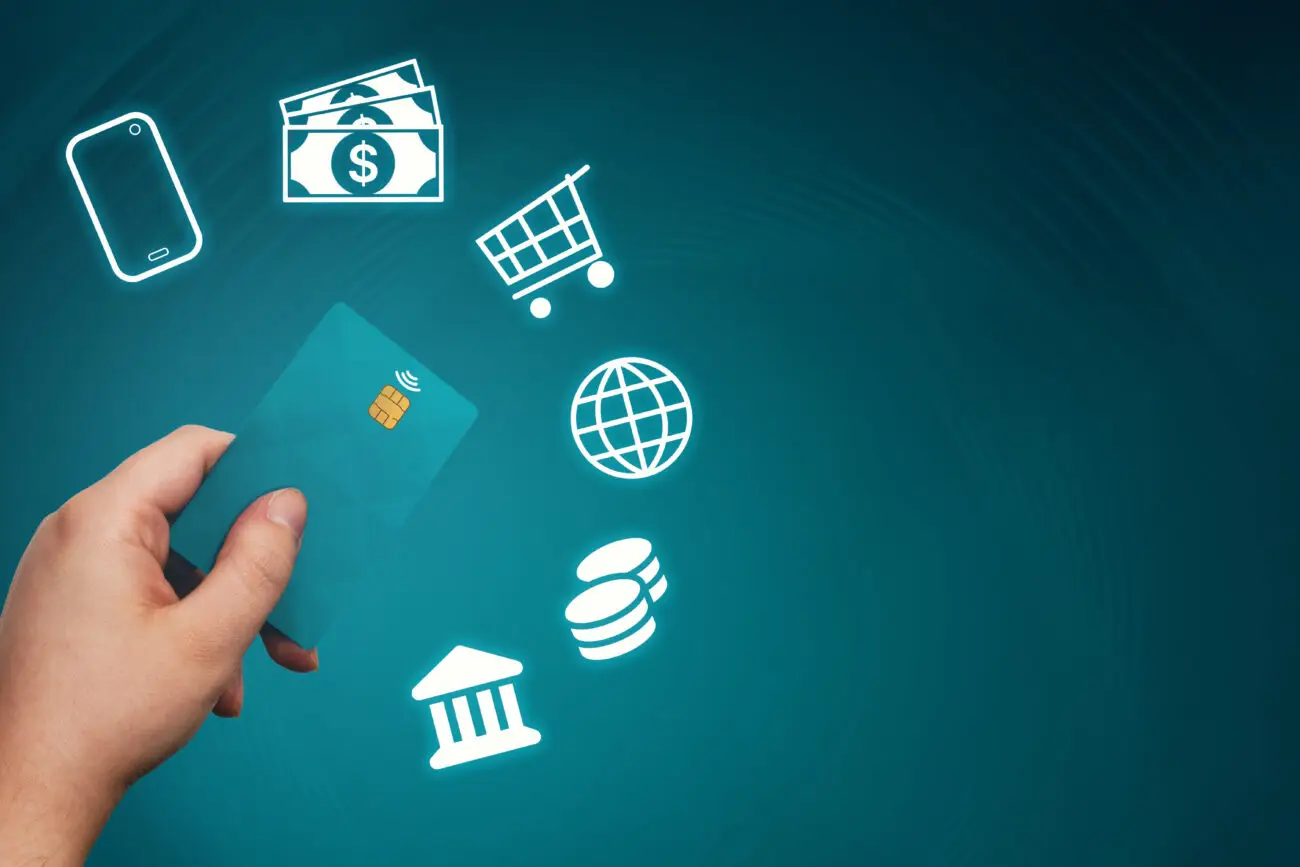BANKING & FINANCE
Shaping Brunei Financial Sector
Despite global challenges, Islamic finance has shown remarkable resilience. Islamic financial assets worldwide have surged by 69 per cent in the last five years, with the global industry projected to reach USD5.9 trillion by 2026.

Brunei’s Islamic finance sector growth, mirroring global trends. Over half of Brunei’s financial sector assets are held by Islamic financial institutions. In 2023, Islamic finance accounted for over BND13 billion of the market share. Banks and financial institutions accounted for over 95 per cent of Islamic financial assets, with the remaining represented by Takaful entities.
This was shared by Minister at the Prime Minister’s Office and Minister of Finance and Economy II Dato Seri Setia Dr Awang Haji Mohd Amin Liew bin Abdullah at the opening ceremony of Islamic Development Bank (IsDB) Group Day in September 2024. The minister added that Islamic finance has become a crucial driver of Brunei’s economy. With a growing asset base and active participation from financial institutions, Brunei is well positioned to capitalise on the global growth of Islamic finance and realise its economic aspirations.
Unlike conventional banking, Islamic finance operates under Syariah law which prohibits interest (riba) and emphasises risk-sharing. From profit-sharing partnerships to ethical investments, the system provides a sound alternative to traditional finance. Brunei Darussalam Central Bank (BDCB) as the regulator of the financial sector continues to support the sector’s development. Guided by the Financial Sector Blueprint, BDCB has been actively engaging key stakeholders and the industry through various initiatives including digital transformation and cybersecurity. BDCB also enables FinTech companies. to test their products in a flexible environment through the FinTech Regulatory Sandbox. Eligible products and services include those in the areas of banking, capital markets, insurance/ takaful, or others that could potentially benefit financial consumers. In order to spur greater innovation in the financial sector, BDCB unveiled the Mekar FinTech Innovation Centre in November 2024. The centre serves as a platform for businesses to seek guidance on regulatory matters, and to promote collaboration and innovation among the FinTech community
Digital Payment Hub

The upcoming launch of Digital Payment Hub, led by the National Digital Payments Network (ndpx), is expected to unlock new opportunities aligned with the country’s digital economy initiatives. During the Brunei Digital Economy Forum 2024 in September, ndpx Project Manager Rahim Harun shared several planned features of the Digital Payment Hub. One of it is to standardise the payment process by introducing a “common” QR code from which all participating bank apps and e-wallets can scan and pay.
Other features include near-instant cash transfer from one account to another, as well as sending payment to other users using the recipient’s phone number. Phase one includes near-instant cash transfer from one account to the other, along with sending payment via phone numbers, said Rahim. Phase two will have users requesting payment from other users.
The forum also discussed potential security risks such as scammers who target the elderly. Chief Executive Officer (CEO) of ndpx Hafiz Haslen said it was an important element that the company is keeping in mind.
“As it was rightfully pointed out, with an instant payment system, things move faster. In places where these systems are in place, authorised push payment (APP) fraud is on the rise and these systems are facilitators for those,” he said. The CEO said that they will have checks and balances in place, such as going with a purely opt-in approach as well as using a whitelist so only certain accounts can request payment.
Also discussed at the forum was the challenges of implementing Paypal in Brunei. Rahim explained that establishing Paypal in the current landscape would require siloed connectivities with each different bank which is not cost-effective. What ndpx is doing is laying the foundation for a system that global payment services can connect to. When the Digital Payment Hub comes online, Paypal and other similar global players in the digital payment industry only has to establish a connection with ndpx and get a license from BDCB then “they are good to go”.
However, it’s up to the industry to make the business decision, said the project manager.
